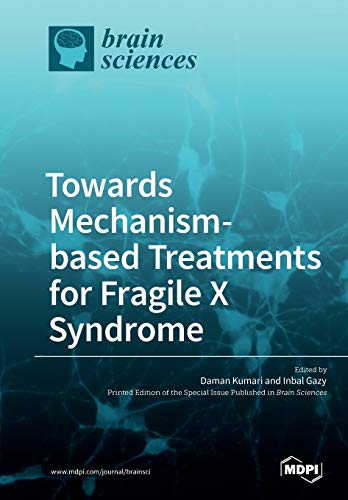

Most ebook files are in PDF format, so you can easily read them using various software such as Foxit Reader or directly on the Google Chrome browser.
Some ebook files are released by publishers in other formats such as .awz, .mobi, .epub, .fb2, etc. You may need to install specific software to read these formats on mobile/PC, such as Calibre.
Please read the tutorial at this link: https://ebookbell.com/faq
We offer FREE conversion to the popular formats you request; however, this may take some time. Therefore, right after payment, please email us, and we will try to provide the service as quickly as possible.
For some exceptional file formats or broken links (if any), please refrain from opening any disputes. Instead, email us first, and we will try to assist within a maximum of 6 hours.
EbookBell Team

4.7
66 reviewsIt has been more than 25 years since the identification of the FMR1 gene and the demonstration of the causative role of CGG-repeat expansion in the disease pathology of fragile X syndrome (FXS), but the underlying mechanisms involved in the expansion mutation and the resulting gene silencing still remain elusive. Our understanding of the pathways impacted by the loss of FMRP function has grown tremendously, and has opened new avenues for targeted treatments for FXS. However, the failure of recent clinical trials that were based on successful preclinical studies using the Fmr1 knockout mouse model has forced the scientific community to revisit clinical trial design and identify objective outcome measures. There has also been a renewed interest in restoring FMR1 gene expression as a possible treatment approach for FXS. This special issue of Brain Sciences highlights the progress that has been made towards understanding the disease mechanisms and how this has informed the development of treatment strategies that are being explored for FXS.